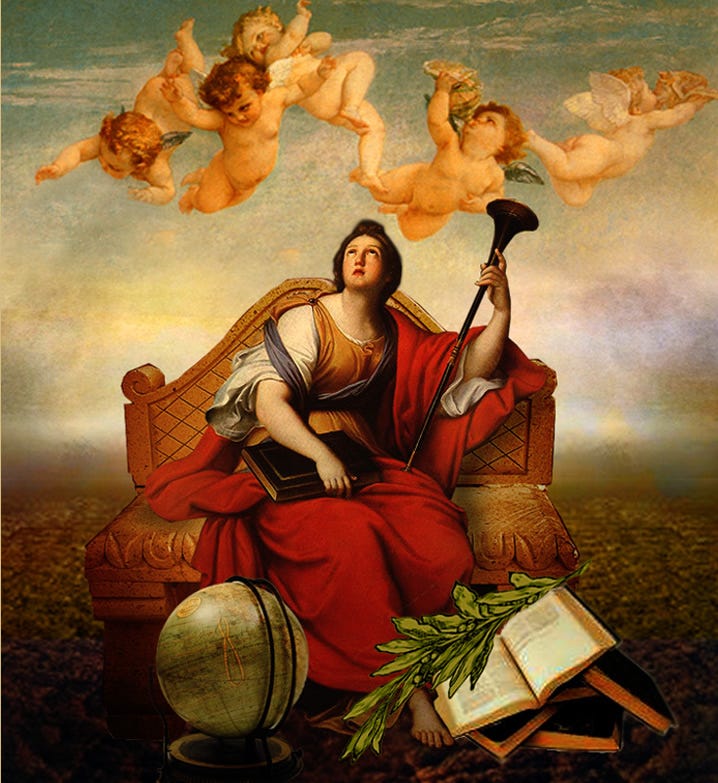Historical Patterns
Historian Amar Mustafa
Some comments by the historian Amar Mustafa worth sharing. The link to the original post at Twitter/X as well as Ms. Mustafa’s LinkedIn are below. Every authentic historian — for there are a great many posers — knows this feeling. With one gratuitous edit that I hope Ms. Mustafa will not mind:
“There’s an inevitable force to historical patterns, a gravitational pull that draws societies toward certain crises, and those who recognise this feel as though they’re standing alone on a distant peak, watching events unfold with chilling predictability.
When Lebanon's economic crisis imploded in 2019, my mind went immediately to the collapse of Intrabank in 1966, and ever since, I've been stuck in the parallels.
As a historian, it's like watching an avalanche in slow motion, knowing full well the path it will take but helpless to halt it.
There’s an inevitable force to historical patterns, a gravitational pull that draws societies toward certain crises, and those who recognise this feel as though they’re standing alone on a distant peak, watching events unfold with chilling predictability.
When Lebanon's economic crisis imploded in 2019, my mind went immediately to the collapse of Intrabank in 1966, and ever since, I've been stuck in the parallels. The hardest part is the feeling of isolation.
History provides a clarity that few seem willing or able to confront. For most, the past is simply a collection of distant events with little bearing on today’s realities.
They live in the moment, distracted by daily struggles, hoping that, somehow, the solutions to today’s crises will appear out of thin air, that something or someone will intervene to pull the world back from the brink.
But history reveals that this kind of thinking, the faith in “something” rescuing us, is itself a recurring theme, often a tragic one. People, institutions, and even governments cling to an almost mythic belief in their own invincibility, in the idea that they’re exceptions to
the cycles that have defined humanity for millennia. But the past quietly shows us all the red flags, sending subtle warnings wrapped in the stories of fallen empires, economic collapses, and social upheavals that have repeatedly shattered illusions of permanence.
In that quiet warning lies the strange solitude of being a historian. There’s a constant awareness that history has its own momentum, one that rarely heeds the desires or intentions of those living through it. This solitude isn’t simply about having knowledge others lack;
it’s a loneliness born from the realization that this knowledge often carries a painful burden, the burden of foresight without agency.
The historian becomes both observer and unwilling witness, forced to reconcile the tension between understanding the forces at play and knowing that understanding alone doesn’t change outcomes.
It’s an isolating existence, living in two worlds: the world of the past, which offers uncomfortably clear insights, and the world of the present, where society at large seems gripped by the comfort of its own blind spots.
And so, I remain caught between hope and resignation, watching the avalanche unfold, knowing where it will lead yet painfully aware that this foreknowledge grants no power to alter its course.”
Root link at X is here; https://x.com/_Amarmustafa/status/1855477180530380884
Amar Mustafa’s LinkedIn is here: https://www.linkedin.com/in/amar-mustafa/?originalSubdomain=au
The Muse (of History) Clio, by Pierre Mignard (17 November 1612 – 30 May 1695).


Thank you for your wise insights-just listened to Sam Harris and Simon Sebag Montefiore discuss the Temple Mount and Jerusalem in regard to Simon’s book, and the twisted ways of history, crisis, perception…. Humans…..sigh